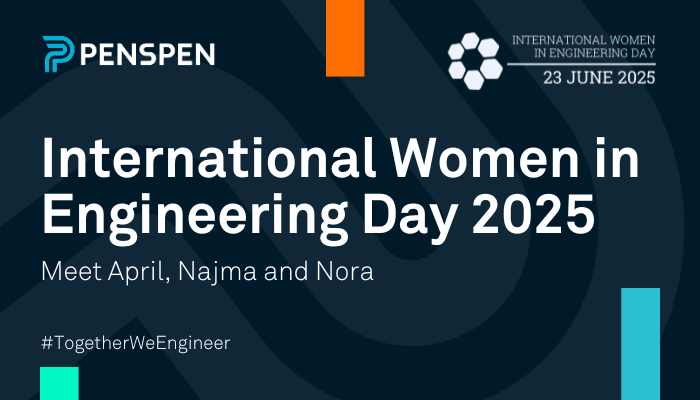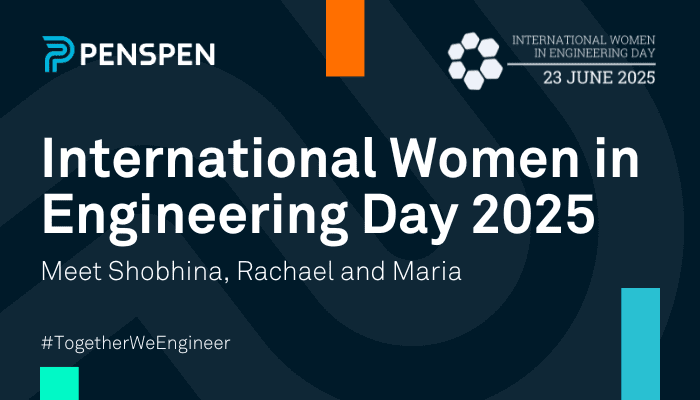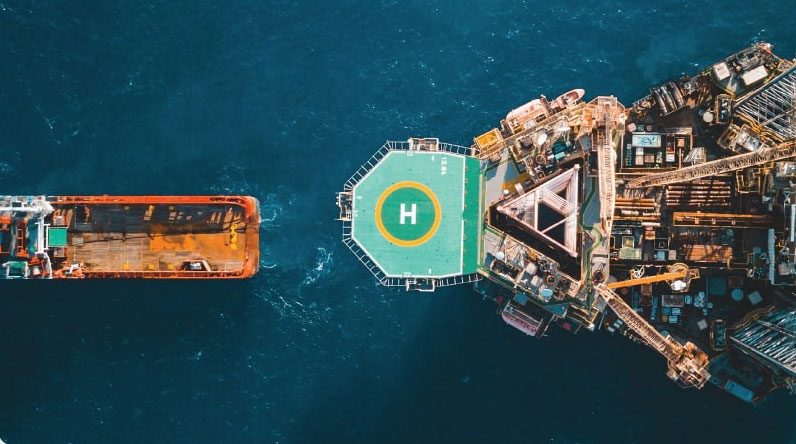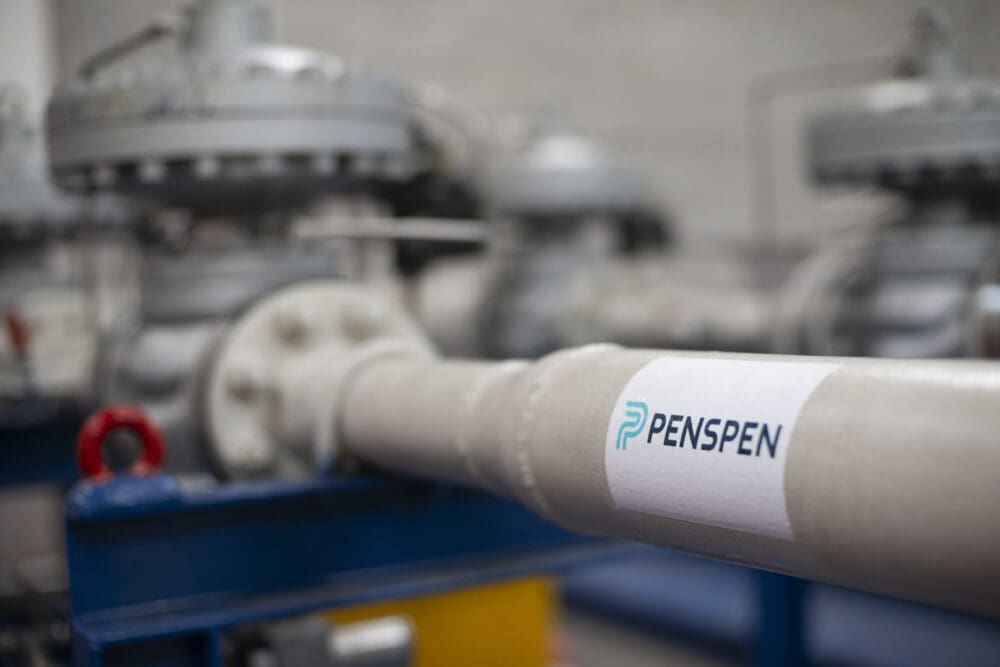A Pipeline’s Role in Decarbonisation
When looking at the path to achieving decarbonisation, it’s clear to see just how big of role pipelines will play. Pipelines and other similar assets will function as the main tools for transporting hydrogen as well as other gases. The creation of blue hydrogen requires pipelines to carry CO2 to the Carbon Capture Usage and Storage units (CCUS), which is imperative in reducing greenhouse gas emissions. Pipelines will also need to be reconfigured to extend their operational life, allowing them to carry hydrogen to power homes (like the Scottish Gas Network project), provide fuel for different vehicles, and more. Thankfully, there are options/methods available to us to repurpose these existing assets, thanks to integrity studies that have helped us understand and potentially manage the risk of these assets.
Managing Risk for Existing Pipelines
Making use of the existing network of pipelines serves as one of the most viable methods of achieving decarbonisation. However, the integrity of these pipelines requires attention to assess their suitability, since hydrogen can have a deleterious effect on materials, particularly steel. Steel is extensively used in high-pressure transmission and CO2 requires a high pressure to transport it efficiently and the pipeline can suffer catastrophic failures if certain precautions are not made.
Take blue hydrogen for example – the carbon dioxide that’s detained in the CCUs needs to be transported to storage sites using pipelines. However, CO2 is an acid gas that reacts with water to form carbonic acid, which can corrode the existing pipeline and create defects. The water content of CO2 transported through carbon steel pipelines needs to be considered and pipeline materials selected accordingly. There are various integrity studies that can be used to look at potential modifications for an asset that prepares them to be utilised for hydrogen or CO2 in the future. This includes integrity assessments and Quantitative Risk Assessments (QRA).
Repurposing for the Future
Many industry studies have been conducted in the UK and Europe, which have been steadily increasing the confidence in the potential for using existing infrastructure for transporting hydrogen. As it stands, some of the conditions needed before we can actualise the repurposing process include:
- An uptake in the hydrogen market, to help serve as a pathway for hydrogen
- A securement of natural gas supply to customers whilst the conversion to hydrogen commences
Already aging assets require ongoing integrity management in a careful and considerable manner when looking at the required remaining life – human capital management, Reliability Centred Maintenance (RCM), Risk-Based Inspection (RBI), Failure Mode Effect Analysis (FMEA), Pipeline Integrity Management Systems (PIMS) are all processes that can be used to help capture the daily decisions on risk mitigation, repair, improvement and continual improvement in procedures. The impact can be analysed and collected as data to forecast future reliability, which helps decide on how effective an asset will be for further use. When attempting to realise a hydrogen economy and a path to decarbonisation, it’s imperative to assess the current infrastructure’s potential to actualise this path.
Questions? Contact UsRelated Insights

International Women in Engineering Day: Meet April, Najma and Nora
In this second edition, meet April, As-Build Coordinator & Lead CAD Associate at C&I Engineering, a company acquired by Penspen in 2024; Najma, Senior Finance Officer based in Abu Dhabi; and Nora,...

International Women in Engineering Day: Meet Shobhina, Maria and Rachael
The energy industry is changing rapidly, and meeting the challenges posed by this transition requires a diversity of talent and perspectives – something that we’re committed to addressing in a...

Carbon Capture, Utilisation and Storage – What are the Real Challenges & Costs?
As the global push for net zero intensifies, Carbon Capture, Utilisation, and Storage (CCUS) is emerging as a critical technology to decarbonise energy supplies and industrial processes. With the...

Challenges and Considerations for Hydrogen Integration in Natural Gas Pipeline Networks: A Comparative Screening Methodology
The global transition to hydrogen is accelerating, and repurposing existing natural gas pipelines is a critical step towards a low-carbon future. However, ensuring the feasibility, safety, and...




